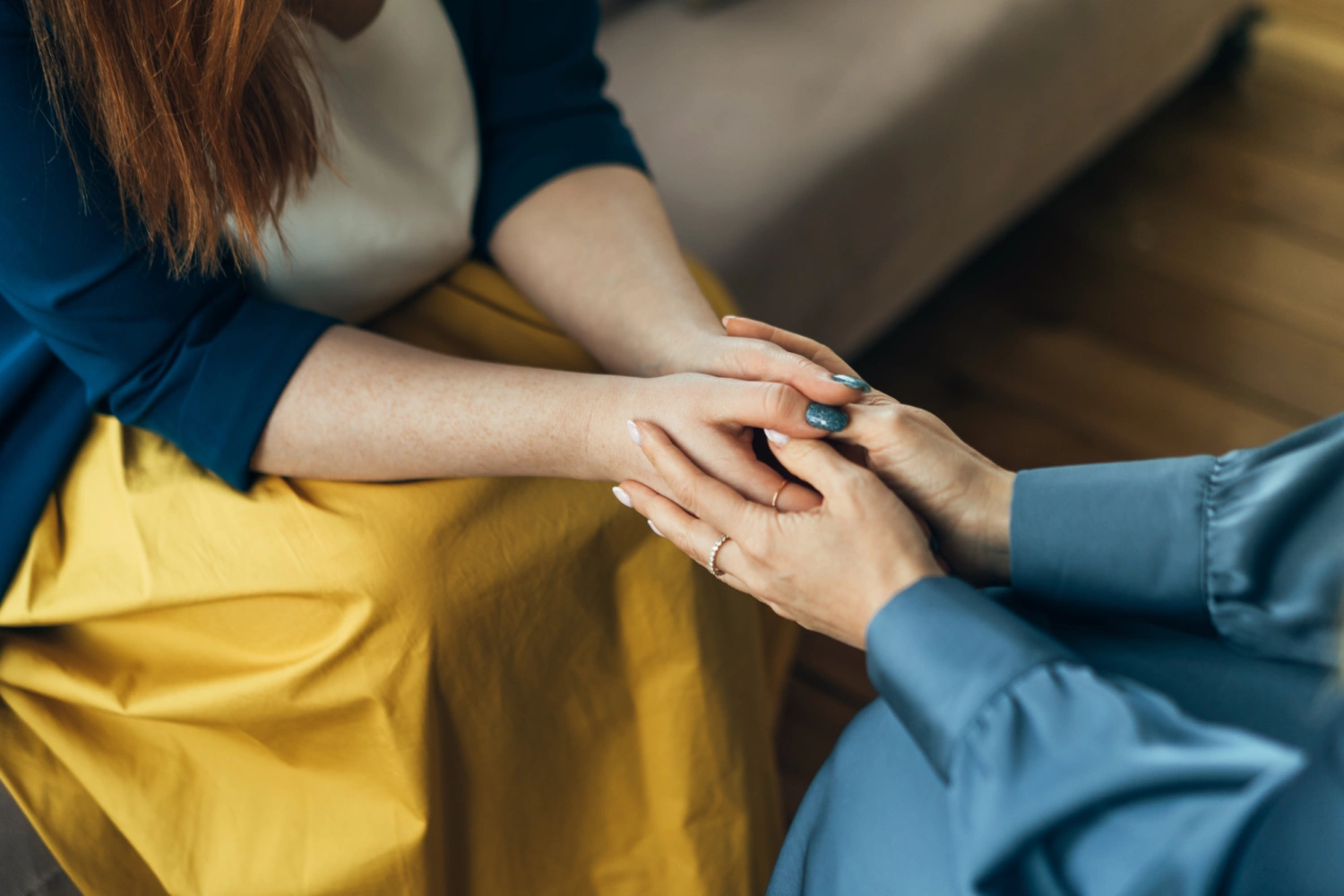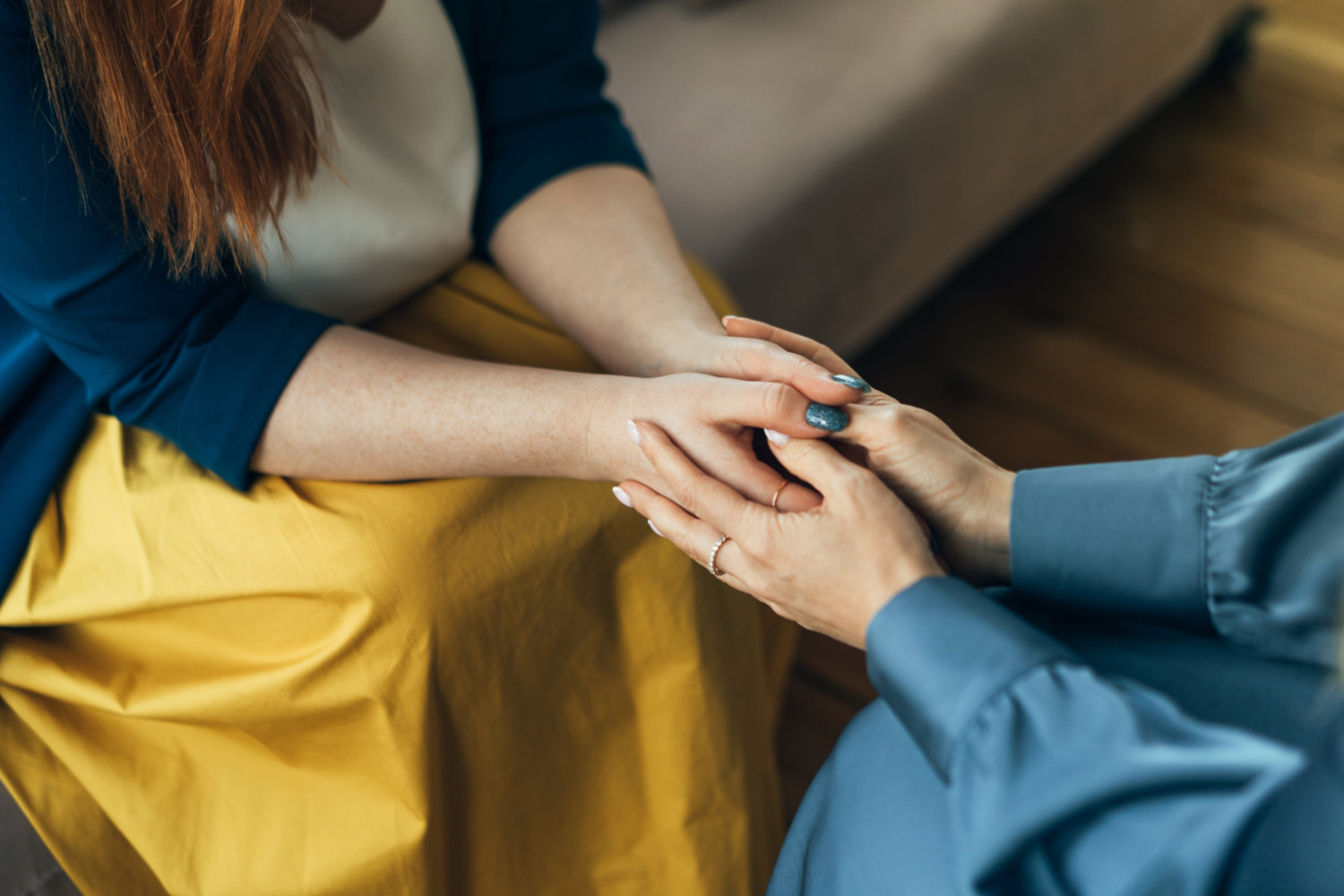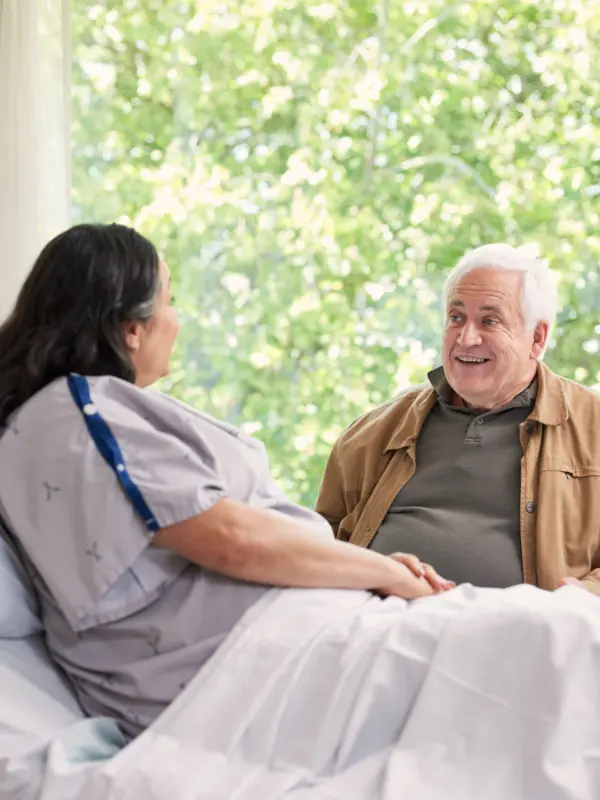Pain management
With regular pain relief, you should be able to rest comfortably and carry out activities like walking, showering, and physiotherapy exercises. If you find that the medications prescribed by your surgeon aren't enough to manage your pain, please contact your family doctor or surgeon.
Rest
Feeling tired, uncomfortable, and vulnerable when you first go home after surgery is very normal. Plan to have some rest time in your bed, and let family and friends know not to disturb you for the first day or so - unless they're helping with meals and other activities.
Looking after your operation site (wound)
All wounds go through several stages of healing, and you will be able to see these changes. It is normal to feel:
- Tingling, numbness, and itching sensations.
- A firm lump under the scar as new tissue forms (this can take six months or longer to resolve).
- Slight pulling around the stitches or clips as the wound heals.
We recommend that you shower rather than bathe unless your surgeon or nurse advises otherwise.
If your wound becomes painful, red, or swollen, starts to ooze pus/blood or clear fluid, or you get a fever, consult your family doctor or surgeon straight away in case you have developed a wound infection.
If you have clips, staples, or non-dissolving stitches in your wound when you go home, these usually need to be removed by your surgeon/family doctor or as an outpatient 10-14 days after your operation. Dissolvable stitches are used under the skin, and these can take some months to dissolve completely.
Your bowels
Changes in diet, activity, and medications can lead to irregular bowel habits, but this usually goes back to normal with time. A well-balanced diet, including plenty of fluid and exercise, is beneficial.
Activity
If you have been given specific instructions about activity from your surgeon or physiotherapist, please follow these closely to help your recovery. Otherwise, simply increase the amount of exercise you do gradually. For example, you might decide to take a short walk two or three times a day and slowly increase the distance over a few weeks.
Many people find it easier to use a dining room chair to sit in rather than getting up from a low chair, especially if you have had abdominal or back surgery.
If a certain movement hurts, avoid it where possible until you get your strength back. Movements that cause discomfort can include bending and stretching, lifting heavy weights (including children), and pulling and pushing (like vacuuming or lawn mowing).
Sexual relations
If you have been given specific instructions about sexual relations from your surgeon, please follow these, otherwise, there is no set rule about the time at which you can resume your usual sexual relations. If you experience pain or discomfort during sexual activity we recommend that you wait a little longer. This is natural and will improve as you get stronger and fitter.
Driving
The time you can safely start driving depends largely on the type of operation/procedure you've had. The main concern is your ability to make an emergency stop. If your wound is not causing you any pain, then you're probably ready to drive.
You should NOT drive if you are taking strong pain relief that makes you drowsy or slows reaction times.
Please check with your car insurance company about your vehicle coverage following surgery.
Going back to work
It's important to feel well before you return to work or you could be affected by tiredness and reduced concentration. Talk to your surgeon or family doctor if your recovery is taking longer than your surgeon thought it would and/or the medical certificate you were given does not seem to be for long enough.





